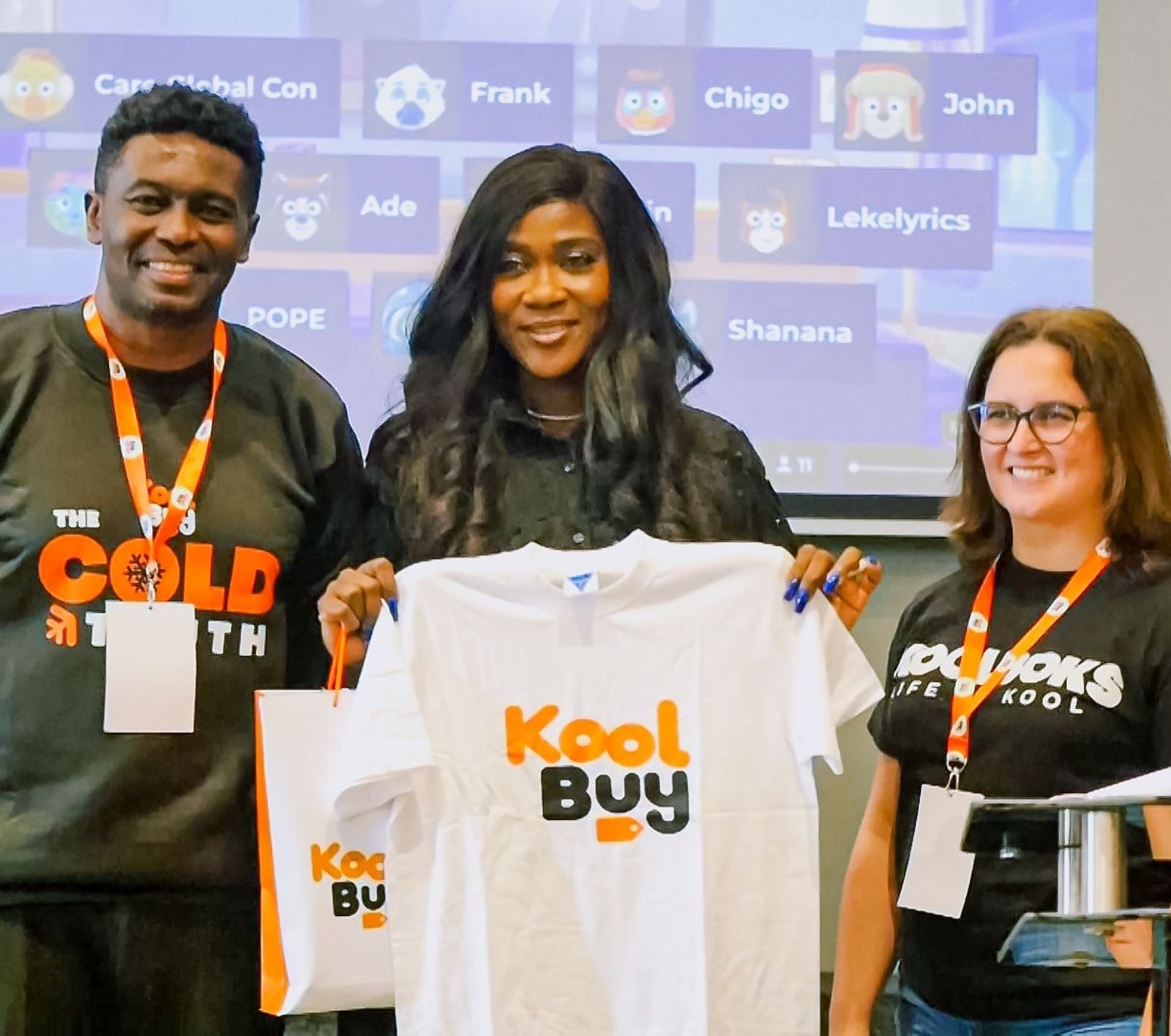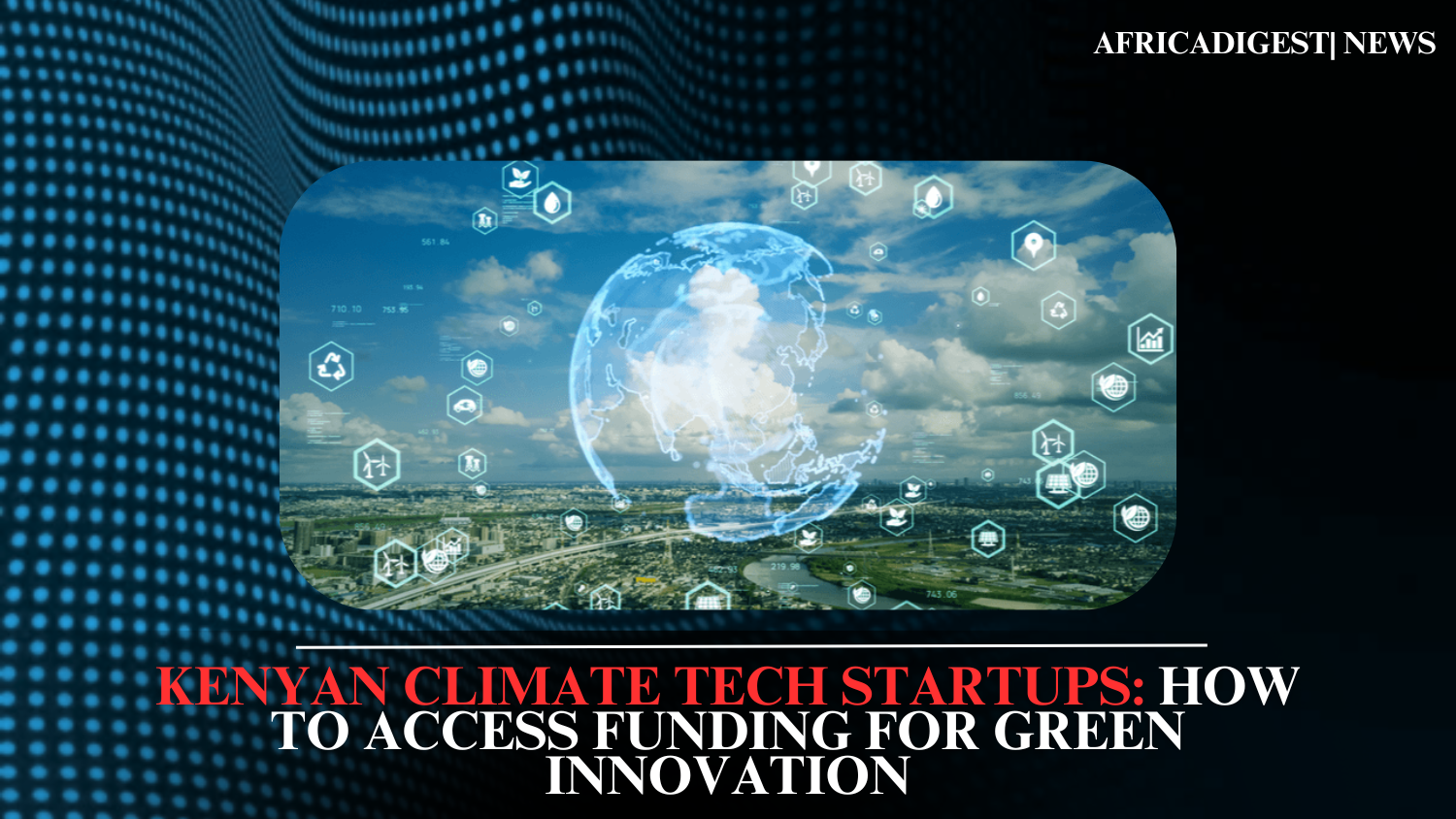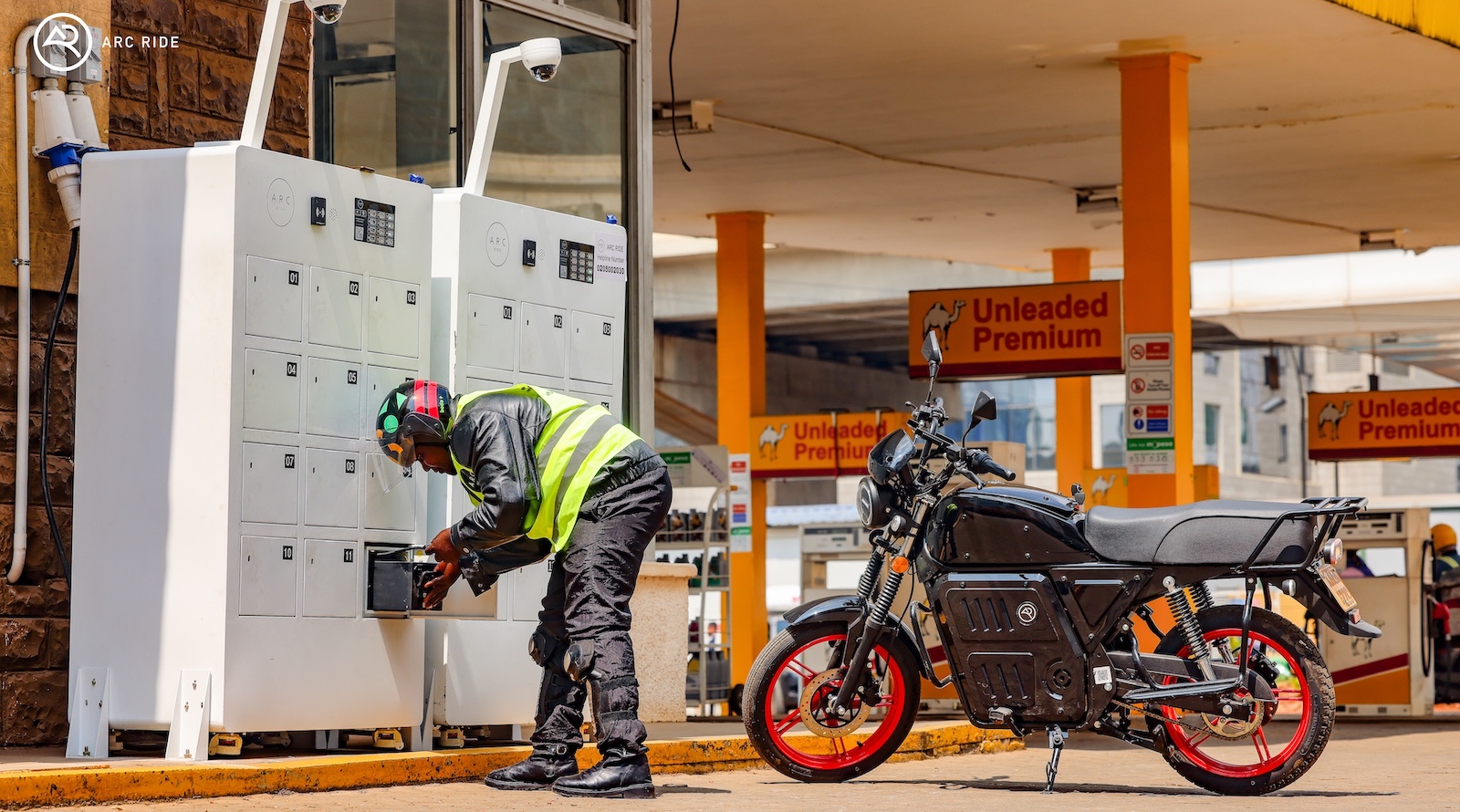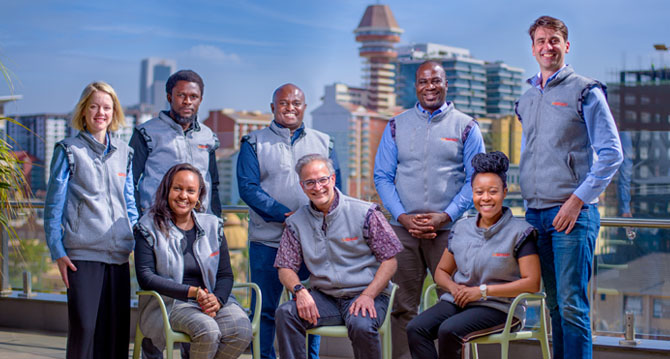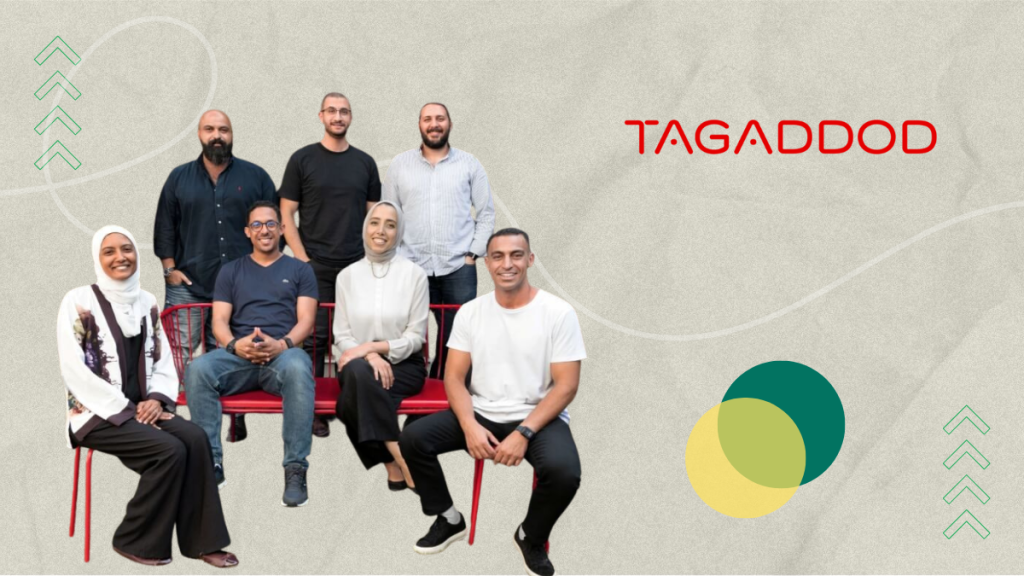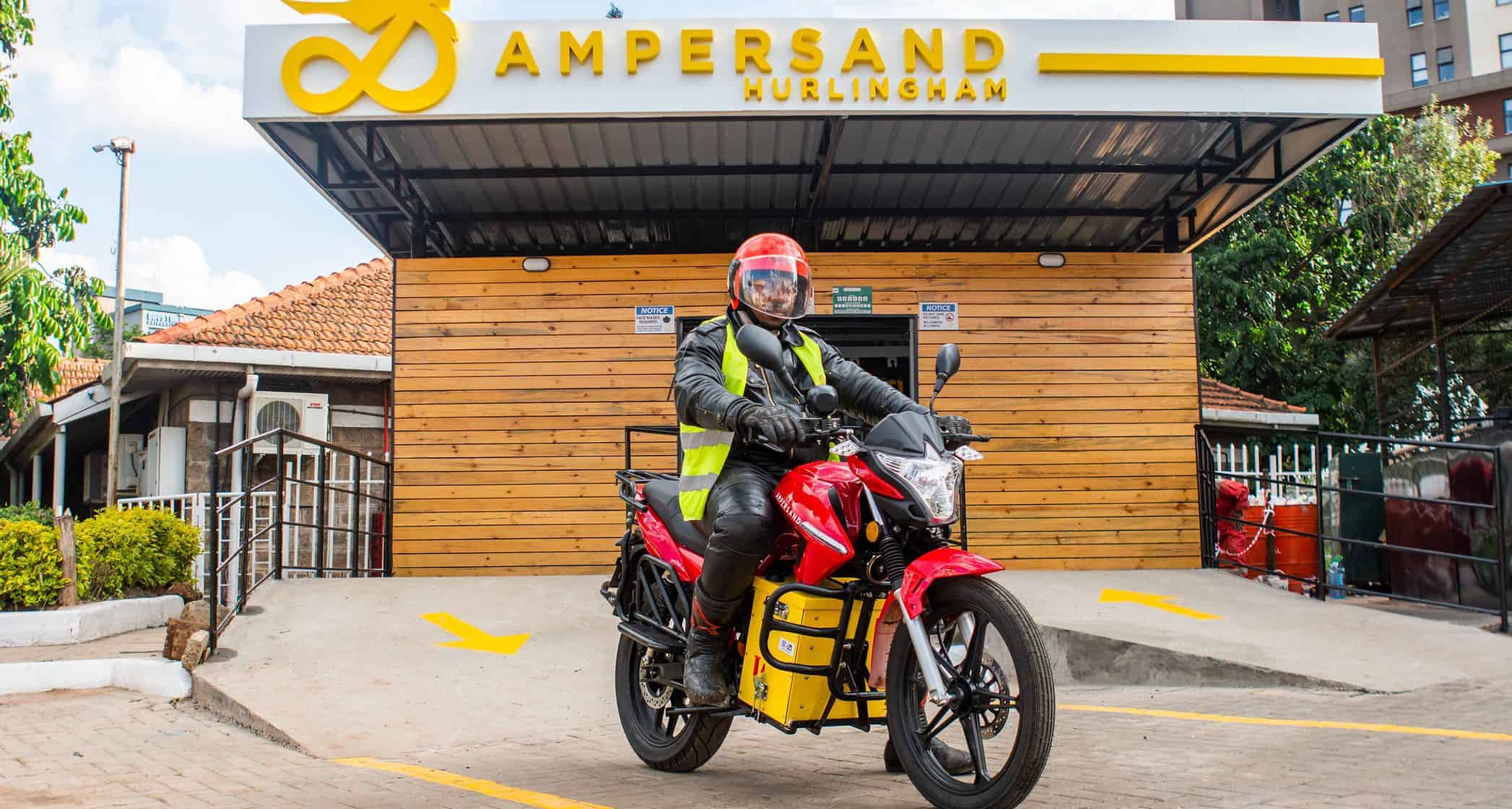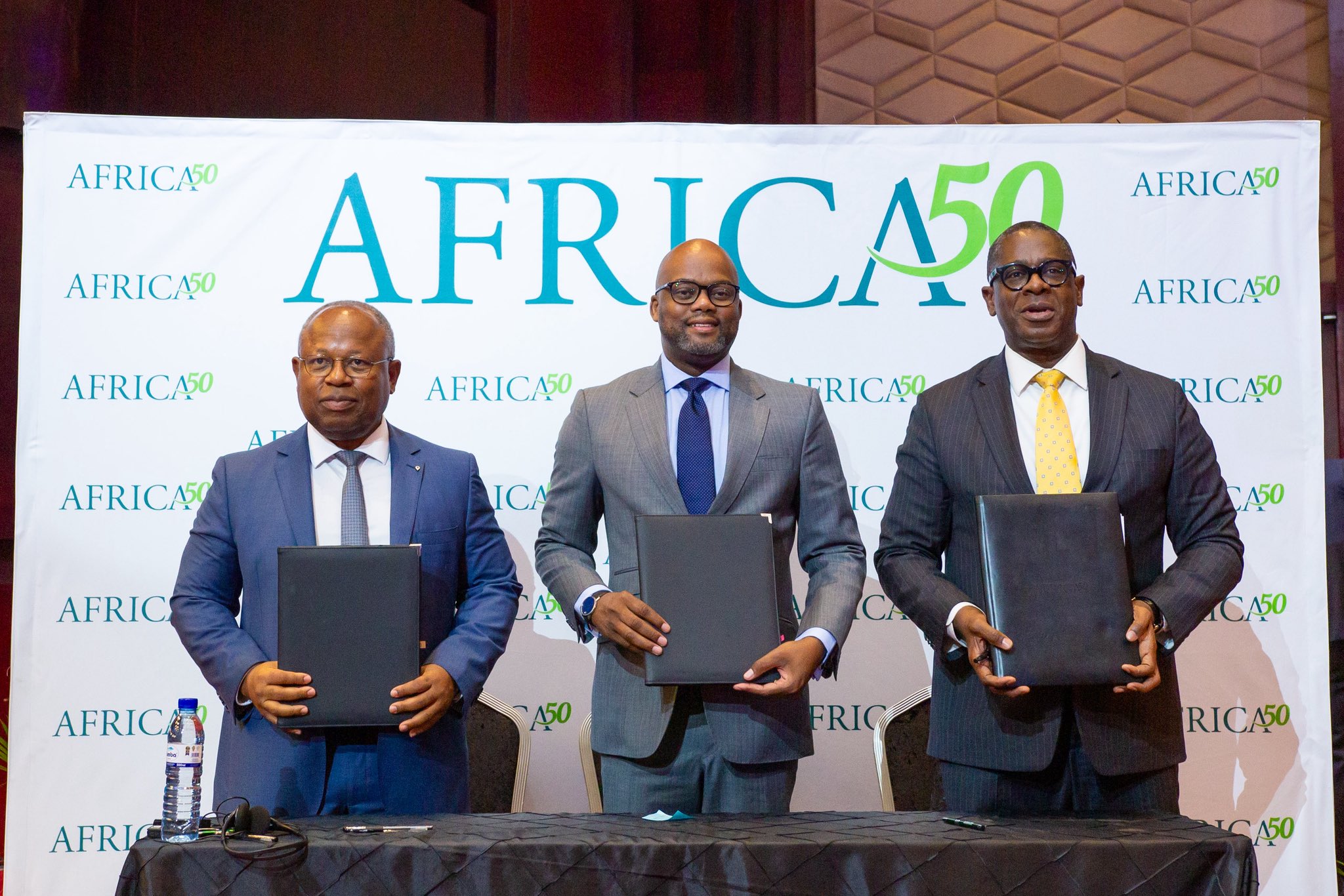Across Africa, food spoilage and limited cold storage threaten livelihoods, but a Nigerian-French cleantech startup is changing that.
Koolboks has just raised $11M to scale its solar-powered refrigeration, offering reliable cooling where electricity is scarce.
Founded in Nigeria and operating with a base in France, Koolboks is geared to expand its eco-friendly cooling solutions, empowering small businesses and communities throughout the continent.
What is Koolboks?
Koolboks was established in 2018 by co-founders Ayoola Dominic, who serves as CEO, and Deborah Gaël.
Headquartered in Lagos, Nigeria, with operations extending to Paris, France, the company focuses on developing sustainable refrigeration technologies tailored for off-grid and emerging markets.
Their flagship products are solar-powered freezers equipped with advanced ice battery systems that can maintain cooling for up to four days without sunlight or external power.
These units incorporate Internet of Things (IoT) technology for real-time monitoring of performance, energy usage, and payment tracking.
Koolboks employs a pay-as-you-go (PAYGO) model, enabling customers, often small business owners and female entrepreneurs, to make affordable mobile money payments.
If payments lapse, the IoT system allows remote locking, ensuring financial sustainability for the company while making refrigeration accessible to those who need it most.
Beyond core products, Koolboks has launched complementary initiatives:
- Koolbuy: A buy-now-pay-later (BNPL) platform for solar-powered appliances, broadening access to clean energy tech.
- Scrap4New: A recycling programme that refurbishes old freezers into IoT-enabled solar units, promoting circular economy principles.
To date, Koolboks has deployed over 10,000 units across 25 countries in Africa, significantly impacting food security, reducing waste, and supporting economic growth for SMEs.
Their solutions align with the UN Sustainable Development Goals, particularly those focused on clean energy, poverty reduction, and food security.
Breaking Down the $11M Series A Funding Round
Announced in late August 2025, the $11 million Series A round represents a mix of debt, equity, and grant financing, bringing Koolboks’ total funding to approximately $15.4 million.
READ ALSO:
Electric Delivery, Solar Cooling: Kenya’s Bold Bet on Sustainable Food Systems
This follows a $2.5 million seed round in 2022, demonstrating strong investor confidence in the company’s growth trajectory.
The funding structure includes:
- Debt Financing: Provided by Bpifrance, France’s public investment bank, and the French Facility for Global Environment (FFEM).
- Equity Investment: Led by KawiSafi Ventures, with follow-on participation from existing investors Aruwa Capital and All On.
- Grants and Results-Based Financing:Supported by Innovate UK, the Shell Foundation, and CEI Africa.
This diverse funding mix highlights the appeal of Koolboks’ model to both development finance institutions and impact investors, emphasising climate resilience and gender-lens investing.
A notable portion of their customer base consists of women-led businesses, which aligns with investors like Aruwa Capital’s focus on female founders and gender-inclusive opportunities.
How Koolboks Plans to Use the Funding for Expansion
With the fresh capital, Koolboks is set to accelerate its operations and innovation efforts. Key priorities include:
- Market Expansion: Scaling from 25 countries to new African markets, targeting underserved regions with high demand for reliable cooling.
- Local Manufacturing: Establishing the company’s first assembly plant in Nigeria to reduce costs, create jobs, and enhance supply chain efficiency.
- Team Growth: Expanding the workforce to support increased production and distribution.
- Product Enhancement: Further developing IoT integrations and adjacent services like Koolbuy and Scrap4New to create a comprehensive ecosystem for sustainable cooling.
This strategic use of funds is expected to empower more SMEs, particularly in sectors like agriculture, fisheries, and retail, where spoilage due to power outages costs billions annually.
By providing zero-electricity-bill solutions, Koolboks not only cuts operational costs for users but also contributes to reducing carbon emissions through renewable energy adoption.
For more details on Koolboks’ products and services, visit their official website. Stay tuned for updates as this cleantech startup continues to innovate and expand.
Ronnie Paul is a seasoned writer and analyst with a prolific portfolio of over 1,000 published articles, specialising in fintech, cryptocurrency, climate change, and digital finance at Africa Digest News.
